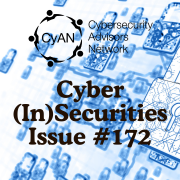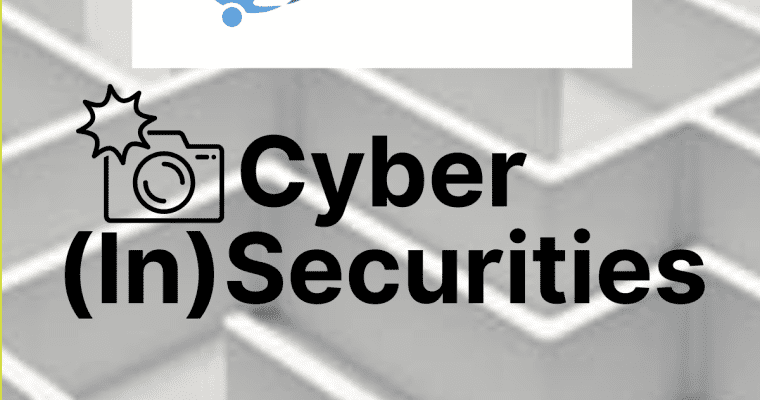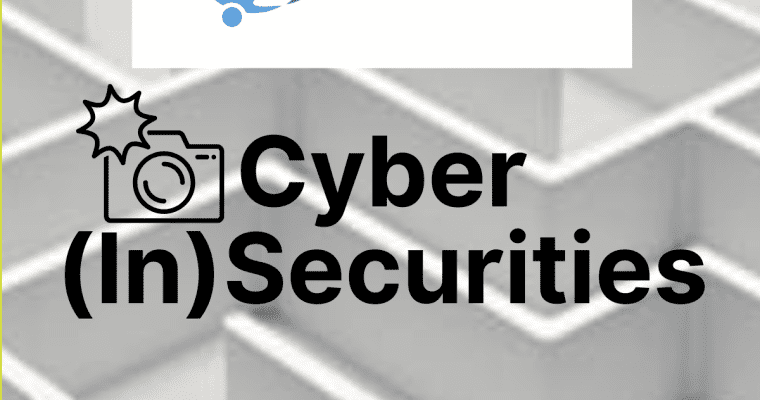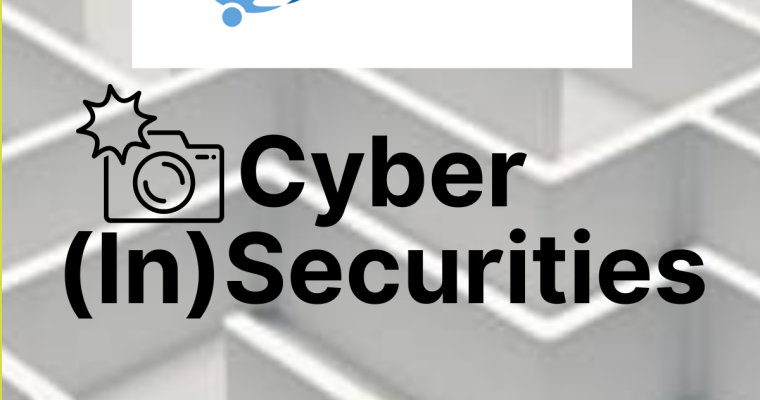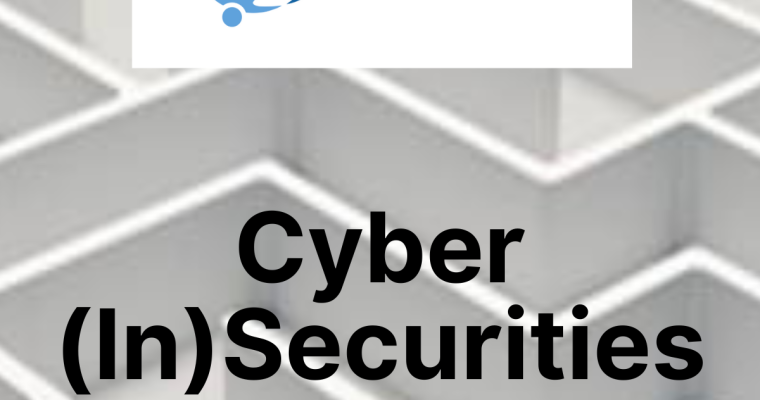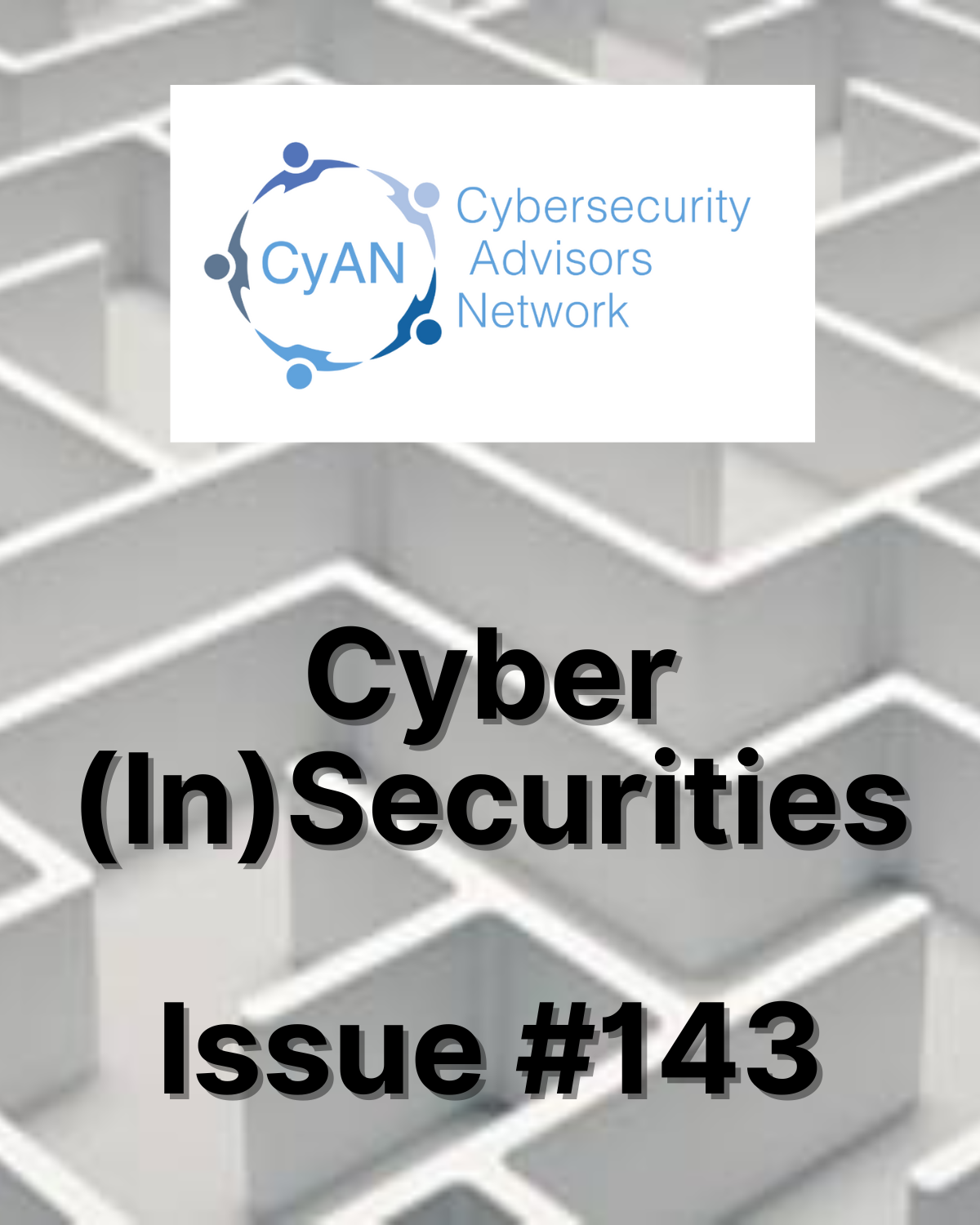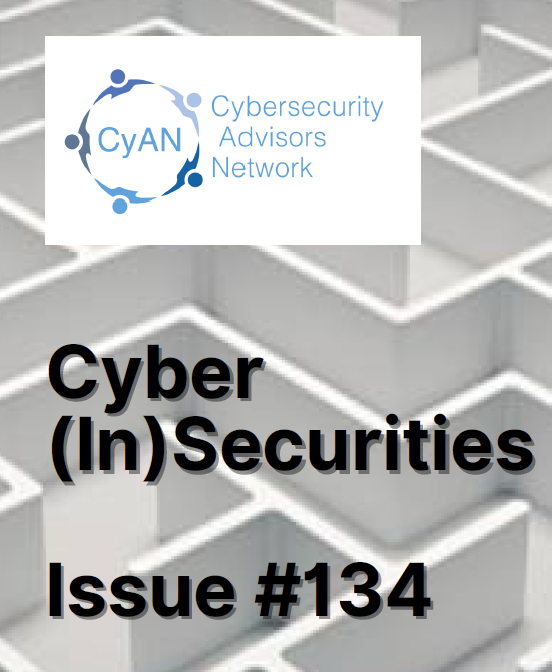Cyber (In)Securities – Issue 172
AI, Botnets, and the Expanding Global Threatscape The latest edition of Cyber (In)Securities spotlights the fast-shifting cybersecurity landscape across the globe. From botnets exploiting cloud misconfigurations to AI reshaping regulatory debates, Edition 172 brings together news, analysis, and community insights to help leaders stay ahead …
